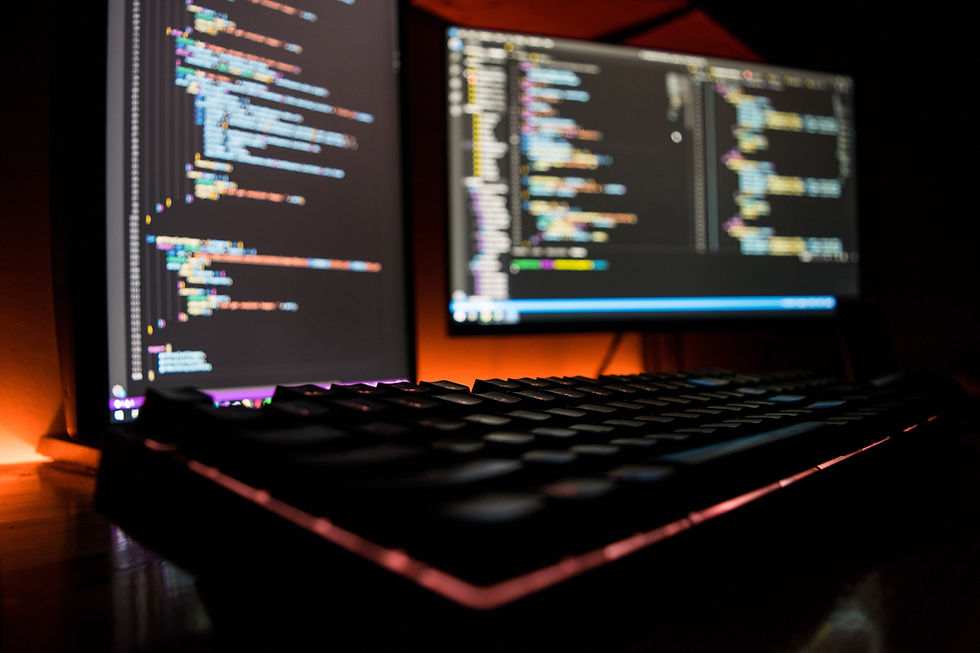A new culture of learning
- James Rawls

- Aug 23, 2022
- 2 min read
Updated: Oct 9, 2022
Douglas Thomas argues that the way we currently think about learning is outdated and no longer effective. He suggests that we need to create a new culture of learning, one that is based on collaboration, creativity, and experimentation.

If memory serves me right, most of my upbringing revolved around the belief that learning only occurs when you actively do something. For example, when I wanted to learn how to ride my bike as a kid, I was made to get on and then pushed down a hill. As someone who tends to understand best by doing, my idea of learning has dramatically shifted since those days. Learning does happen even when you are not actively doing something—for example, watching someone else ride a bike can teach you how to do it yourself. Most of my unfamiliar undertakings around the house are understood from watching YouTube DIY videos.
I feel that a new or modernized education system must be one that includes on-demand learning and augmented reality with the goal of serving all types of learning methods in a meaningful way. There are many learning methods, each with its own set of benefits. People who learn by listening to lectures may better remember facts and information. People who learn by reading books may be better at understanding complex concepts. And people who learn by doing hands-on activities may be better able to remember how to do something.
The naturalistic approach to learning, which emphasizes allowing students to learn in their way and at their own pace, can significantly improve education overall. This type of learning is more effective than traditional methods, as it allows students to retain information better and apply it in a real-world setting. Naturalistic approaches can also help reduce behavioral problems in the classroom, as students are less likely to become frustrated or bored when actively engaged in their learning.



Commentaires